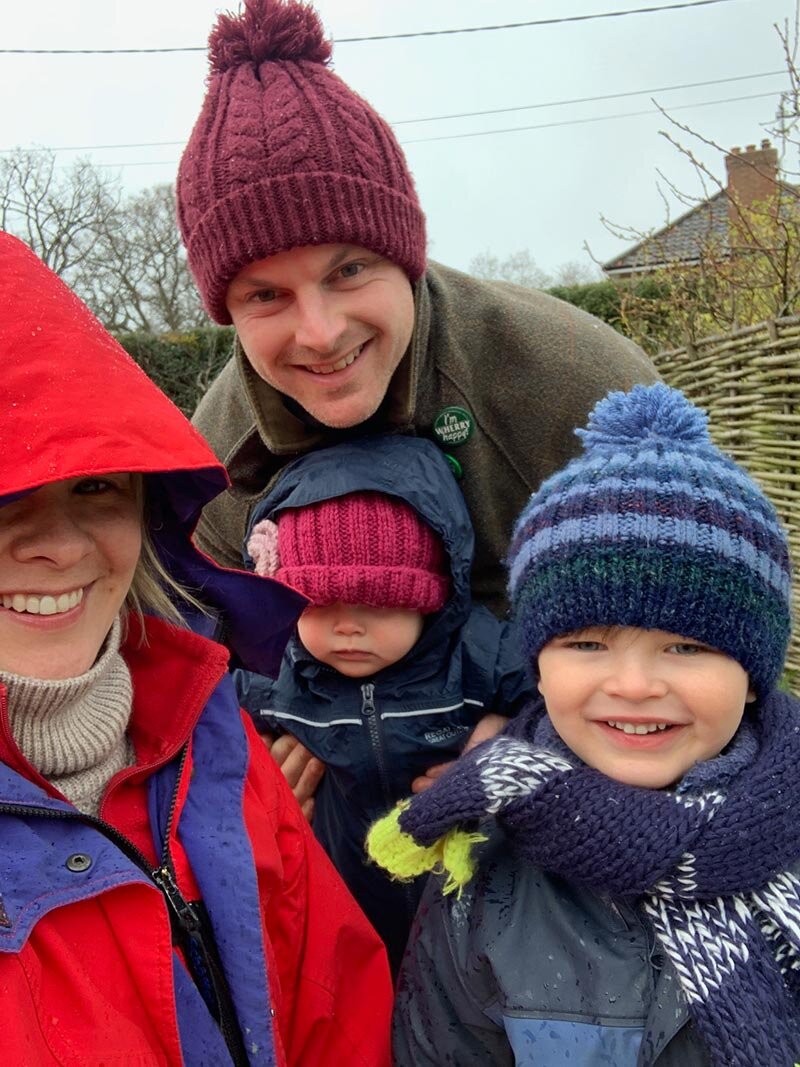5 Tips on how to take care of your mental health during the lockdown
I recently asked my clients “What are you worrying about the most about the lockdown?”. Most of them have shared with me that they are concerned about their mental health.
You maybe feeling overwhelmed, suffocated and exhausted. I can sense you are asking yourself “How long is this going to go on for?” or “How am I not going to lose my mind?”
Perhaps you feel like you are constantly losing it with your children or arguing with your partner.
I hear you! The reality is you are not alone, even though you may feel like it.
Keep going
5 key tips on how to take care of your mental health during the coronavirus pandemic.
1. Acceptance
Start by accepting that you are going to feel awful sometimes, and feel hugely happy and grateful at other times during this lockdown. However, the human mind always and naturally remembers your negative thoughts and feelings over positive ones.
Try starting a gratitude journal to remind yourself of the positive experiences of the lockdown. This is a quick and simple activity to do before bed, just write down three things you are grateful for about your day.
2. Filter what you read and watch
Turn off the news channel or refrain from checking it online. The news unfortunately spreads negativity, and only makes you feel increasingly fearful and anxious. If you don’t believe me, ask yourself how you feel after you have watched the news? I sense that it doesn’t make you feel calm and reassured.
It may also be useful to “mute” notifications on your phone from people sharing their negative emotions about Covid19 or the lockdown. Emotions are contagious, which is why when someone you live with is feeling low, anxious or angry, unless you protect yourself it is very easy for you to join them in the dark cloud.
3. Sleep
I couldn’t write about mental health without considering sleep. Why is good quality sleep important for mental health?
To start with being continually sleep deprived can lead to low mood, depression and anxiety. Equally poor mental health can also lead to sleep deprivation, which is where the relationship between sleep and mental health becomes a vicious cycle.
The less you sleep, the more anxious you feel, and the more anxious you feel, the less you sleep. So, if you have a sleep thief keeping you awake, now is a great opportunity to improve yours and their sleep so that you can take care of your mental health.
4. Early to rise
Try to go to bed earlier and get up before your children, even if it is just once or twice a week. I can hear you saying “no way” to yourself right now. Do hear me out.
There is something very special about starting your day alone, completely childfree. It is your chance to grab some headspace, either by getting some fresh air, doing a gentle work out, meditating or planning your day.
Think of how you can make this work for you, is there someone in your household that can help you make this happen?
If you have a sleep thief, that already wakes before 6 am or is awake hourly at night, this is another incentive to help your child to improve their sleep during this lockdown. However, in the short term, you can try to carve this time out during your evening time instead of the morning.
5. Connect
Did you know that there is a difference between being alone and feeling lonely? Being alone is a physical state of being whereas feeling lonely is a state of mind.
My family in lockdown
This is why you can feel lonely when you are around people, yet not feel lonely when you are physically alone.
You maybe feeling lonely right now regardless of your living situation. I want you to know that you are not alone. We are very lucky that technology is a huge part of our everyday lives.
There are ways that you can feel connected to people you care about or even meet new people. Pick up the phone and have conversations with friends and family.
Or use video calling/conferencing on Whatsapp, Facetime or Zoom. Meetup is also organising online meet ups for you to meet new people and make new connections.
If any of this post resonates with you I’d love to hear from you.
Join our Facebook community
If you feel you need further support to improve your baby’s or toddlers sleep, then come on over to Gentle Sleep Training Facebook community where you find free sleep advice and support.




